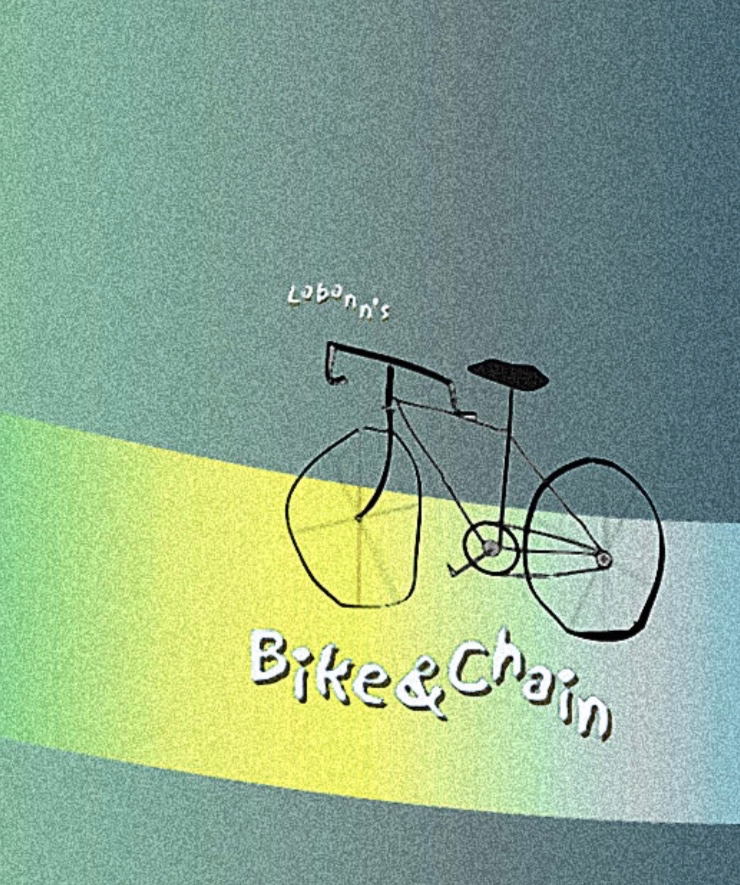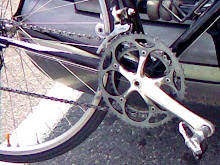An odd activity of an overwrought brain is to combine or deconstruct words and redefine meanings. Crack open or flip over anything familiar and you find unappreciated dimensions. To a cyclist pedaling through disrespect demonstrated daily by angry motorists and unforgiving roads, combination might resemble "combine nation", e pluribus unum, or what America is supposed to be, your land of opportunity for all who harbor no ill will. That doesn't routinely happen. Witness anti-immigrant, poverty prejudiced sentiments versus tax breaks for wealthiest. Should offer tax deductions for demonstrable service to community, not just sheltered foundation grants that never reach needy and victims. Cash flow and power control are locked through corporate privileges. Freedoms should belong to those who serve, but limits and thresholds are impossible to regulate. Coming together need not mean sacrificing freedoms, rather sanctifying principles that extend majority survival.
Any survey of bike books recently published must mention 3 that pertain to this topic. English cyclist Dave Barter compiled 30 articles he wrote over 10 years of challenges and events in which he participated into Obsessive Compulsive Cycling Disorder (Phased Publications, 2012, 218 pp.). Granted, all but the initiated must think whoever takes on cycling's repetitive boredom and torment might have some masochistic personality disorder. Then again, most cyclists are not racers, more likely people who can't afford motor vehicles or even to lose bikes to theft, so carry combination locks.
Speaking to that point domestically, Sue Knaup's Defying Poverty with Bicycles (One Street Press, 2012, 205 pp,) is a self help guide that promotes social change through bicycling organizations, mainly providing builds, parts and repairs to the disadvantaged. Knaup wrote it from 4 decades of personal experience in for-profit services and not-for-profit ventures.
Addressing even graver issues internationally, Eric G. Bing and Marc J. Epstein collaborated on Pharmacy on a Bicycle: Innovative Solutions to Global Health and Poverty (Berrett-Koehler Publishers, 2013, 240 pp.). It lays out how to use bicycles to improve medical services to remote villages where dollar doses of vaccines could save millions of lives. Although models exist, mechanisms sell hard where there's no will to implement.
Before her untimely death to breast cancer, Montreal's velorutionary Claire Morissette was able to collect tens of thousands of used bikes and ship them to Africa, no questions asked. Link is mostly in French with some English, just like Montreal. Some serve to unlock hearts.
Monday, February 18, 2013
Subscribe to:
Post Comments (Atom)




No comments:
Post a Comment